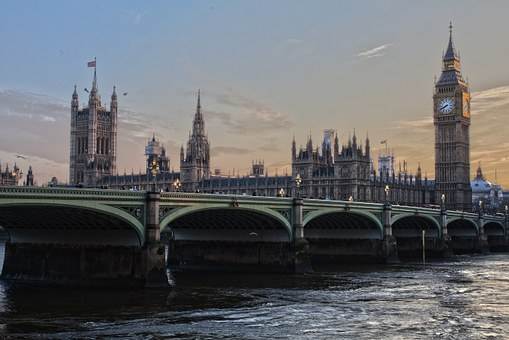The Monetary Policy Committee of the Bank of England has decided to leave UK interest rates unchanged at 0.75%. However, the decision was split on a 7:2 basis with the dissenting voices calling for a cut in the rate to help boost the economy. It is worth noting that the current level is almost exactly one tenth of the long term average interest rate of 7.46% (1971 to date). The lowest ever interest rate the Bank set was 0.25% from August 2016 (in response to the Brexit referendum result) and the highest value was 17% seen in November 1979.
UK inflation is officially standing at 1.7%, below (but close enough to) the Bank’s target figure of 2%. The official level of unemployment in the UK stands at 3.9% which is low by historical standards.
The Bank’s view was that Johnson’s deal reduced the likelihood of a “no deal” Brexit (in the near term) alleviating some of the uncertainty facing households and businesses. It pointed out that the new regime would generate new customs checks and regulatory barriers (once the transition period ends), inevitably pushing up costs for UK businesses trading with the EU.

The Bank delivered a mixed message on growth. On the one hand a deal offered "the prospects for a pick-up in UK growth", according to Mark Carney, the Governor of the Bank of England. Growth should pick up from 1% this year to 2% by the end of 2022, particularly if the global slowdown abates. Carney noted: "three-quarters of that rise in growth is driven by domestic factors - the most important of which is a reduction in uncertainty driven by an orderly transition to a new Brexit arrangement."
On the negative side, the weaker global economy and current Brexit shaping would trim 1% of UK growth over the next three years in comparison to the August forecast (based on May’s EU deal).
In the Bank’s estimation, Brexit uncertainty has led to an 11% decline in business investment in the UK.
The Bank’s forecasting does not take into account the fact that Johnson has ruled out any extension to the transitional period, should he remain PM. This would mean that unless a trade deal was struck by July 2020, the UK would leave the EU without a deal at the end of next year. This would lead to a sharp downwards revision of economic forecasts for the UK.
